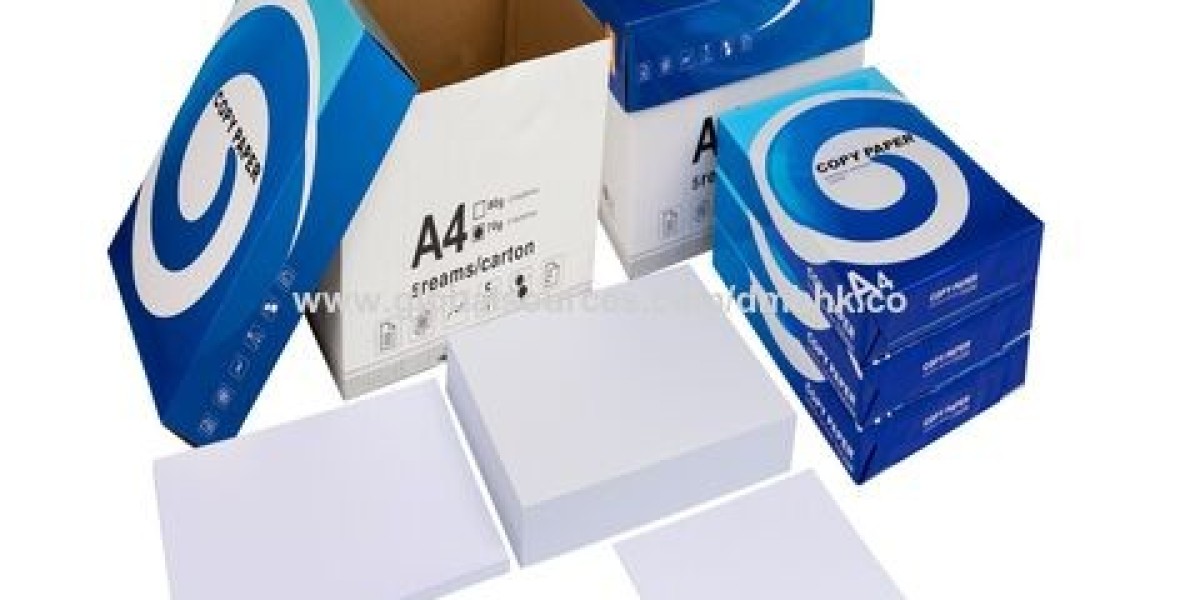When it comes to choosing between A4 and A3 paper sizes for your printing and design projects, there are certain pros and cons to consider for each option. Understanding these differences can help you make an informed decision based on your specific needs and preferences.
The Advantages of A4 Paper Size
First, let's talk about A4 paper size. A4 is the standard size used in most offices and homes for everyday printing tasks such as letters, reports, and forms. One of the main advantages of A4 paper is its compact size, making it easy to handle and store. It is also the preferred size for printing documents that need to be bound or filed, as it fits neatly into folders and binders. Additionally, A4 paper is cost-effective as it is widely available and typically less expensive than larger paper sizes.
The Limitations of A4 Paper Size
However, there are also some limitations to using A4 paper. The smaller size means that it may not be suitable for projects that require more space for designs or images. If you are working on a poster, brochure, or other visual-heavy materials, you may find that A4 paper restricts your creativity and limits the impact of your designs. In these cases, opting for A3 paper size could provide more room to showcase your work effectively.
The Benefits of A3 Paper Size
A3 paper size, on the other hand, offers a larger canvas for your printing and design projects. This size is ideal for creating eye-catching posters, flyers, and other promotional materials that require more space to display information and images. The increased area of A3 paper allows for greater freedom in designing layouts and incorporating detailed graphics, making it a popular choice for marketing and advertising campaigns.
The Drawbacks of A3 Paper Size
Despite its advantages, A3 paper size also comes with its own set of drawbacks. The larger dimensions make it less practical for everyday printing tasks and can be more cumbersome to handle and store compared to A4 paper. Additionally, A3 paper may be more expensive and less readily available than A4 paper, which could impact your budget and production timeline for certain projects.

Choosing the Right Paper Size for Your Needs
When deciding between A4 and A3 paper sizes, it is essential to consider the specific requirements of your printing and design projects. If you need a compact and cost-effective option for everyday documents, A4 paper may be the best choice for you. However, if you are working on visuals-heavy materials that require more space and impact, A3 paper size could be more suitable for showcasing your designs effectively.
Conclusion: Weighing the Pros and Cons of A4 and A3 Paper Sizes
Ultimately, the pros and cons of A4 vs A3 paper sizes in printing and design come down to your unique needs and priorities. By weighing the benefits and limitations of each option, you can determine the best paper size to achieve your desired outcomes and create impactful materials for your projects.







